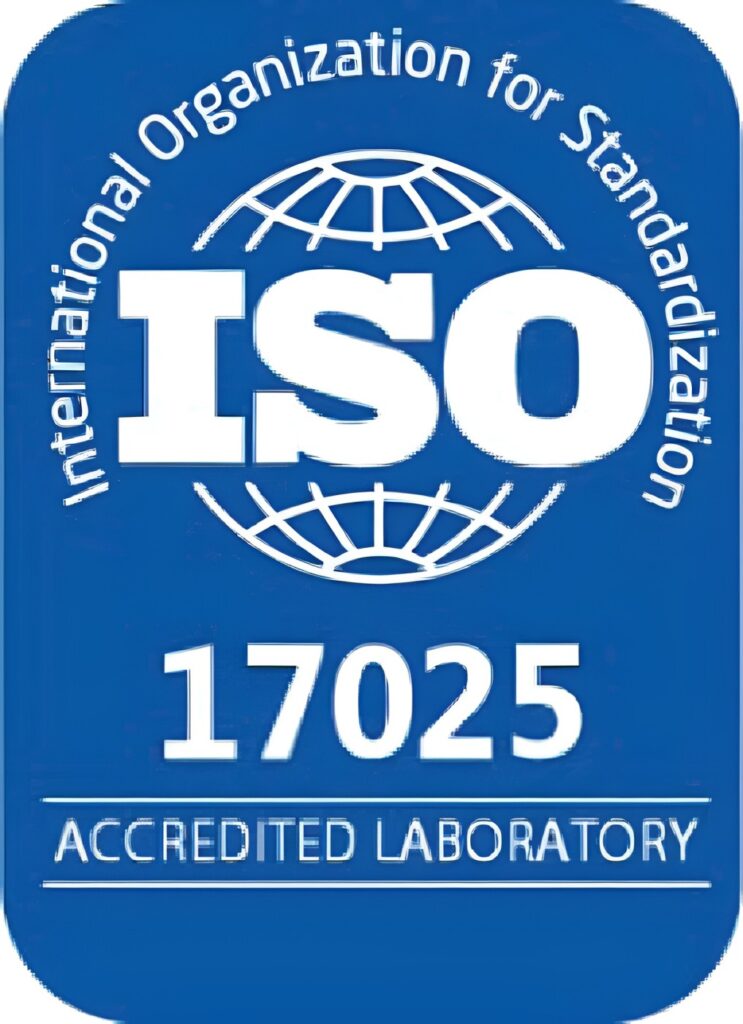CERTIFICATS


Diagnostic, Research And Development Laboratory-DRD Accredited
ISO 17025:2018 ACCREDITATION CERTIFICATE
The diagnostics conducted by the BIOPHARMA laboratory have enabled veterinary health authorities to react swiftly to contain and manage the evolution of epizootics in the field. This early diagnosis has notably concerned equine plague (in 1990), West Nile fever (in 1996, 2003, and 2010), Blue Tongue and EHD (Epizootic Hemorrhagic Disease of Cattle) (in 2004 and 2006), and Peste des Petits Ruminants (in 2008), among others.
It is also worth noting that during the global crisis related to the emergence of avian influenza (bird flu) in 2005 in several regions of the world, BIOPHARMA played a significant role in monitoring this disease at the national level by ensuring rapid diagnosis through the use of cutting-edge techniques (real-time PCR), enabling health authorities to be proactive and prevent the introduction of this disease into the national territory.
Furthermore, BIOPHARMA has made substantial contributions to serological surveys conducted by the state, particularly analyses related to exotic contagious diseases either introduced to Morocco (foot-and-mouth disease, equine plague, West Nile fever, Peste des Petits Ruminants, camel pox), or at risk of introduction (Rift Valley fever).
Recognizing the importance of research, BIOPHARMA, as a pioneering biotechnology center in the region, has prioritized this component and consequently developed partnership agreements with other research institutions both nationally and internationally, including:
– The World Organisation for Animal Health (OIE),
– The Food and Agriculture Organization of the United Nations (FAO),
– The International Cooperation Center for Agronomic Research and Development (CIRAD) in France,
– The Pirbright Institute in England,
– The Teramo Zooprophylactic Institute in Italy.
This collaboration has enabled BIOPHARMA to strengthen and enhance its research and diagnostic platform for three diseases: Peste des Petits Ruminants, Bluetongue, and Equine Plague, and has been crowned by the accreditation of the Diagnostic Laboratory according to the NM ISO/IEC 17025 standard in June 2019. This recognition allowed the company to apply in December 2019 to the OIE to be designated as a regional reference laboratory for the aforementioned three diseases.
General Presentation of ISO 17025 Standard:
The ISO 17025 standard is applicable to calibration and testing laboratories that wish to obtain reliable results. These laboratories can be of any type, whether owned and operated by the government, by a private sector organization, or any other organization.
A laboratory compliant with the requirements of the ISO 17025 standard satisfies both the technical requirements and the requirements related to its quality management system.
ISO 17025:2018 accreditation covers operations performed using standardized methods, non-standardized methods, and methods developed by the laboratories.
Its purpose is to ensure that clients receive valid test or calibration results, services that meet their needs, and that the laboratory is engaged in a true process of continuous improvement.
Objectives of Accreditation:
- To demonstrate BIOPHARMA’s technical competence in conducting laboratory analysis tests for the diagnosis of animal diseases.
- To provide the necessary recognition to BIOPHARMA as a qualified laboratory, thus providing an appropriate means for clients to recognize BIOPHARMA as a reliable laboratory capable of providing the type of service they require.
- Accreditation is also an excellent marketing tool used for organizing trials, as a qualification recognized both internationally and nationally. Accreditation is a perfect indicator of technical competence.
- To prepare BIOPHARMA’s application for designation by the World Organisation for Animal Health (OIE) as a Regional Reference Laboratory for this organization.

